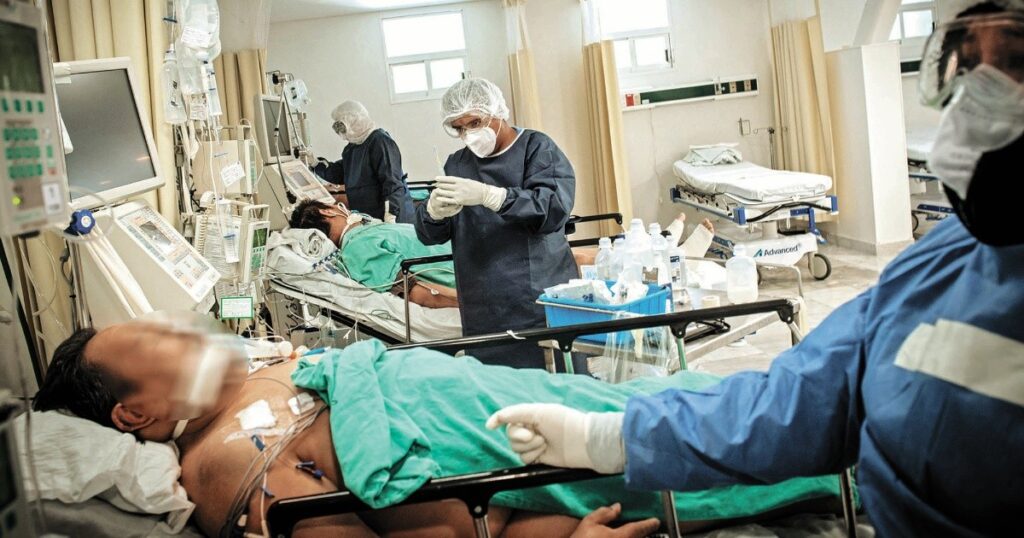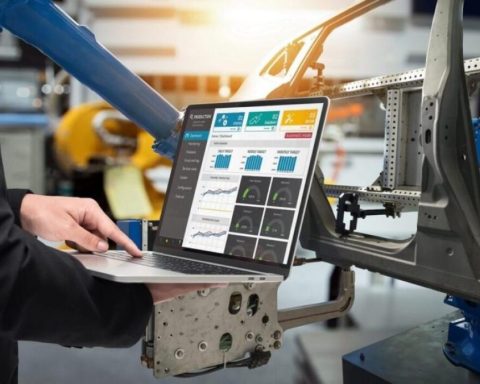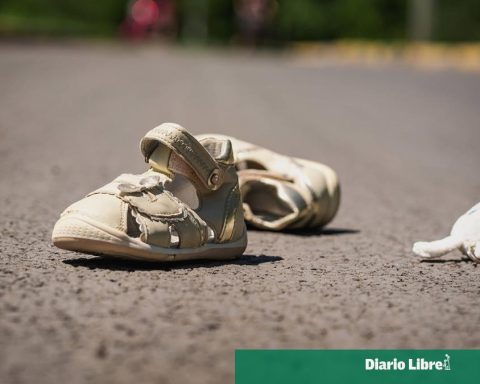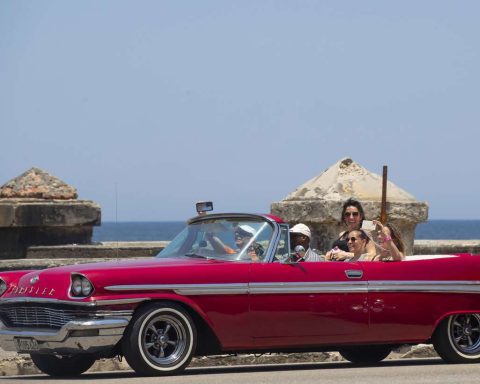After losing his right leg, José Bastidas left his job as a “cauchero”, a tire repairman, and switched to making prostheses for amputees in a factory in Venezuela.
“I used to be a rubber tapper for cars, now I’m a rubber tapper for human beings,” Bastidas, 41, smiles to AFP as he moves with his prosthesis through the workshop of the Zona Bionica company, where he began training as a manufacturer in 2016 when he received his prosthesis, a year after the traffic accident in which he ended up amputated.
There are no statistics on the number of amputees or on the demand for prostheses in Venezuela, a country of some 30 million inhabitants. The latest statistics available date back to an investigation in 2008, when there were some 130,000 people with a physical-motor disability (including amputees).
Bionic Zone estimates that the majority of cases are amputations as a result of medical problems, such as diabetes, followed by traffic accidents.
In addition to the physical and psychological shock for amputees, there are the financial problems. With few exceptions, they have to finance the purchase of their prostheses and many struggle to come up with the $1,800 needed for the cheapest model, which must be replaced at least every two years.
“Getting a person to walk is priceless,” celebrates Bastidas, who wears a yellow beret. “I don’t earn much, but this is exciting, seeing people rise up. I give them encouragement, they get depressed, their morale is low, but we explain to them that we lost a body part but not our life.”
“I have two children, I was not going to stay at home,” he adds.
“The mind is very strong”
Heidy García, 30, works as an administrator at Zona Bionica. She lost her right leg to a circulatory problem four years ago and now she proudly sports a custom turquoise blue prosthesis with white shorts.
“At first it’s very hard,” says Garcia, the mother of an eight-year-old girl. “You have to move on, then comes acceptance. The mind is very strong.”
He argues that new patients gain confidence and comfort from the experience of these workers, who have gone through similar experiences.
“We know what the phantom leg is, the cramps, get used to the basin (fitting system)” of the prosthesis, continues García, who after working in another company moved to the Bionic Zone.
“I was out of work and here was my second home.”
He heard about Zona Bionica through the deliveries made by this company to give prostheses to low-income people, especially children, through campaigns on social networks.
García competed, but lost. He got his prosthesis through a crowdfunding campaign, a resource that many amputees use to finance the purchase of his prosthesis.
This is the case of Cristhian Sequera Quintana, 34, who suffered a motorcycle accident in 2015. After four years of suffering, he decided to amputate both legs, first in 2019, and then in 2021.
“At first I didn’t really want to live,” he explains. “I needed help to bathe, to relieve myself… but now I’ve changed, I’m much better. With the prosthesis, things change.”
“Now I want to work and live, I want to continue fighting for myself, my son and my family.”











